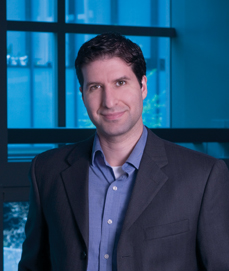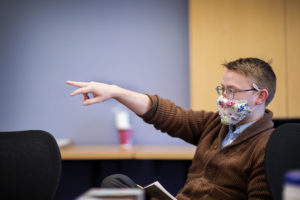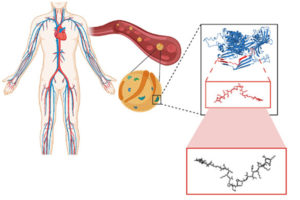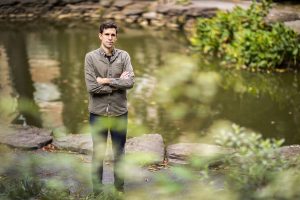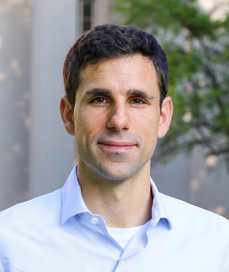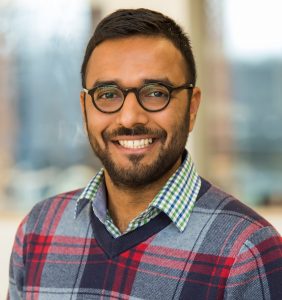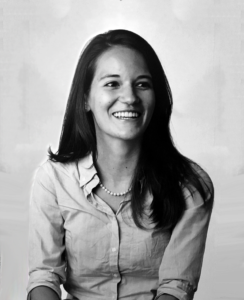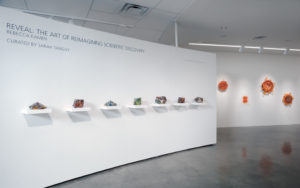
The Department of Bioengineering is proud to congratulate Taimoor H. Qazi, Ph.D. on his appointment as Assistant Professor in the Weldon School of Biomedical Engineering at Purdue University. Qazi’s appointment will begin in Fall 2022.
Qazi obtained his Ph.D. at the Technical University of Berlin and the Charité Hospital in Berlin, Germany working on translational approaches for musculoskeletal tissue repair using biomaterials and stem cells under the co-advisement of Georg Duda, Director of the Berlin Institute of Health and David Mooney, Mercator Fellow at Charité – Universitätsmedizin Berlin. After arriving at Penn in 2019, Qazi performed research on microscale granular hydrogels in the Polymeric Biomaterials Laboratory of Jason Burdick, Adjunct Professor in Bioengineering at Penn and Bowman Endowed Professor in Chemical and Biological Engineering at the University of Colorado, Boulder. While conducting postdoctoral research, Qazi also collaborated with the groups of David Issadore, Associate Professor in Bioengineering and in Electrical and Systems Engineering, and Daeyeon Lee, Professor and Evan C. Thompson Term Chair for Excellence in Teaching in Chemical and Biomolecular Engineering and member of the Penn Bioengineering Graduate Group. Qazi’s postdoctoral research was supported through a fellowship from the German Research Foundation, and resulted in several publications in high-profile journals, including Advanced Materials, Cell Stem Cell, Small, and ACS Biomaterials Science and Engineering.
“Taimoor has done really fantastic research as a postdoctoral fellow in the group,” says Burdick. “Purdue has a long history of excellence in biomaterials research and will be a great place for him to build a strong research program.”
Qazi’s future research program will engineer biomaterials to make fundamental and translational advances in musculoskeletal tissue engineering, including the study of how rare tissue-resident cells respond to spatiotemporal signals and participate in tissue repair, and developing modular hydrogels that permit minimally invasive delivery for tissue regeneration. The ultimate goal is to create scalable, translational, and biologically inspired healthcare solutions that benefit a patient population that is expected to grow manifold in the coming years.
Qazi is looking to build a strong and inclusive team of scientists and engineers with diverse backgrounds interested in tackling problems at the interface of translational medicine, materials science, bioengineering, and cell biology, and will be recruiting graduate students immediately. Interested students can contact him directly at thqazi@seas.upenn.edu.
“I am excited to launch my independent research career at a prestigious institution like Purdue,” says Qazi. “Being at Penn and particularly in the Department of Bioengineering greatly helped me prepare for the journey ahead. I am grateful for Jason’s mentorship over the years and the access to resources provided by Jason, Dave Issadore, Ravi, Dave Meany and other faculty which support the training and professional development of postdoctoral fellows in Penn Bioengineering.”
Congratulations to Dr. Qazi from everyone at Penn Bioengineering!

